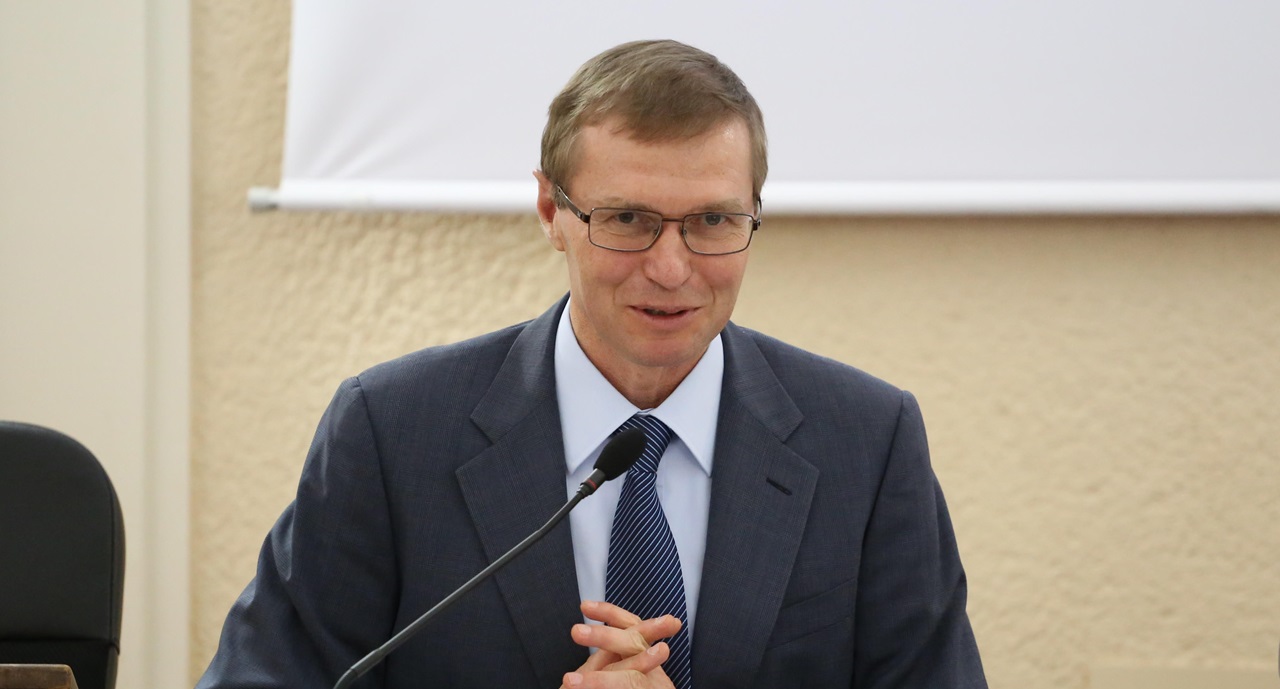Pontifical Biblical Institute
- Home
- Academic Units
- Missions
- Pontifical Biblical Institute


«The Bible was, is and always will be not only the subject of debate and study but also the book that nourishes hearts and communities. The Pontifical Biblical Institute aims to be a place where one can penetrate into the heart of the Bible, read it in the original languages, understand its historical background, learn how to interpret it and also how to let oneself be transformed by the words of the Word»
Fr. Peter Dubovský, S.J.
President of Pontifical Biblical Institute
The Pontifical Biblical Institute, founded in 1909 by Pope Saint Pius X and entrusted by him to the Society of Jesus, is a centre for specialised studies of Sacred Scripture and related sciences. It houses the Biblical Faculty, which awards the academic degrees of Licentiate and Doctorate in Sacred Scripture, and the Faculty of Ancient Near Eastern Studies, which awards the academic degrees of Licentiate and Doctorate in Ancient Oriental Languages. It also offers its community the benefit of a specialised Library, which is indispensable for the Institute to carry out its academic and research tasks.
The Pontifical Biblical Institute also has a branch in Jerusalem where students enrolled as ordinaries for the Licentiate in the Biblical Faculty have the opportunity to follow a study programme of their choice as an integral part of their curriculum.
According to the General Statutes of the Gregorian University (Art. 8 § 3), the threefold aim of the Pontifical Biblical Institute is to